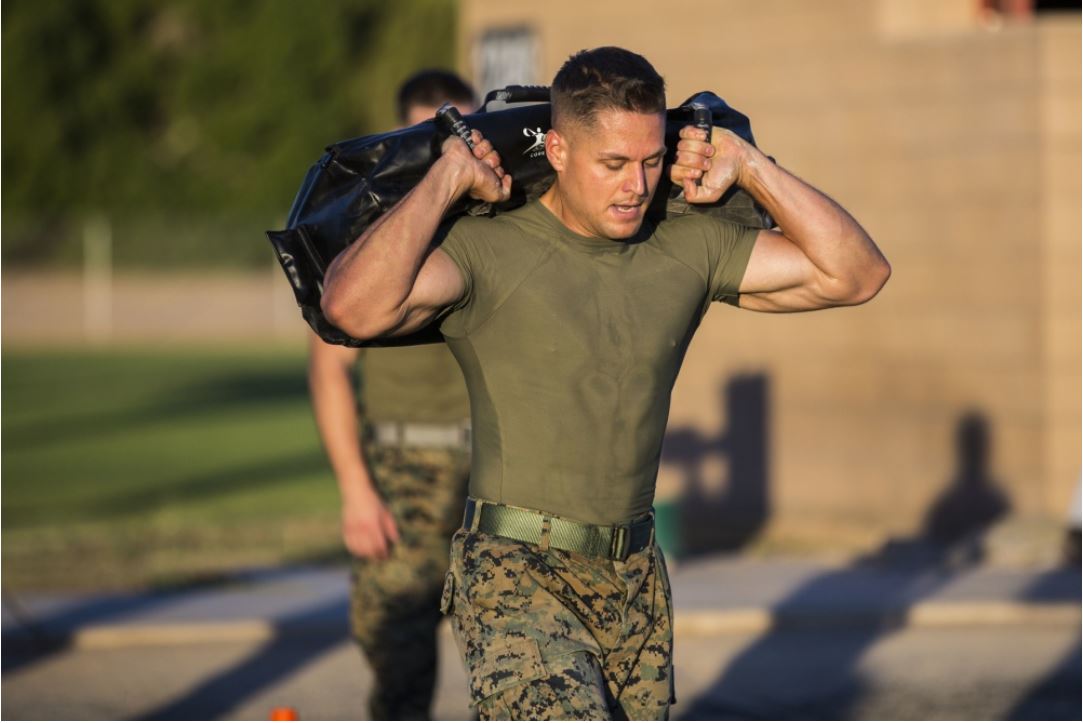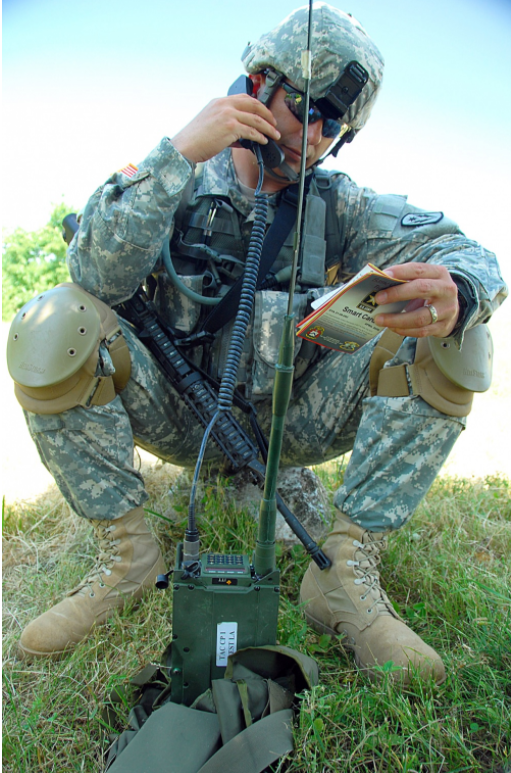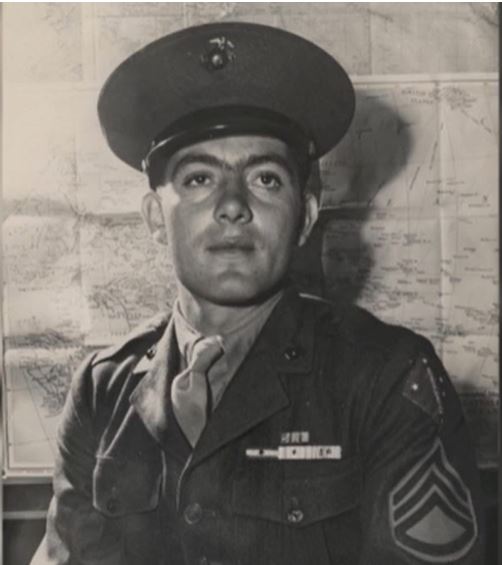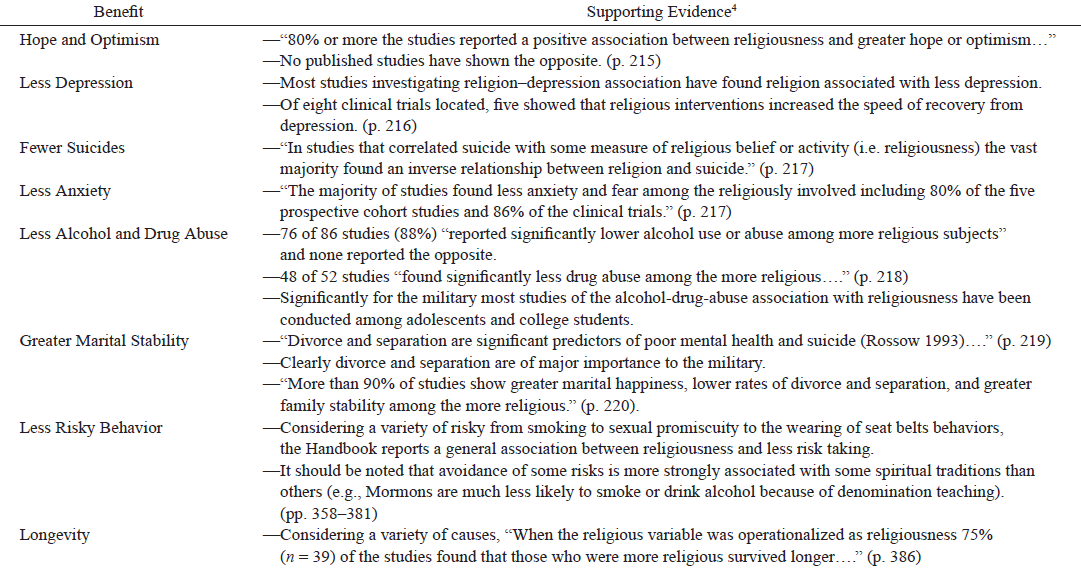“'Fitness' is a commonly used word in our society today but within the military it has a particularly deep meaning. Conventionally, being fit means being adapted to a particular condition or circumstance. In war, militaries and their individual combatants must adapt to the chaos and complexities of battle. As these militaries return from war, they must maintain a state of vigilance while also peacefully coexisting within the civil society that produced them. " (Admiral McMullen, USN (Ret))
Get a FREE Copy of the Be a Boss on the Battlefield and in Life Video Series!
The idea of total force fitness is where military members are charged with not just staying in top notch physical health, but also in all areas of their life and career. This has been espoused for some time now especially considering high divorce rates, substance abuse, sexual assaults, suffering from post-traumatic stress, suicide, financial struggles, and other negative behaviors. What are the holistic components of this type of fitness though to train professionals to perform with excellence on the battlefield AND in life? What does it take to successfully prepare warriors to go downrange to pull triggers and come back whole? Between this post and the next four of them, I will share with you a perspective on what this can practically look like. For today, we'll focus on individual attributes necessary to build the physical, mental, and spiritual fitness that are necessary for warriors to succeed on the battlefield and in life.
Building Combat Athletes
First off, total force fitness means that military professionals must be physically strong. Rob Shaul of Mountain Tactical Institute states, "Gym numbers mean nothing. All that matters is performance." He also goes on to emphasize that for military professionals, their bodies are their primary weapon and that if they are unfit or injured that they are a liability to their unit and are not an asset." (Rob Shaul, Founder of Mountain Tactical Institute).
In other words, its great if you can beat everybody in a competition in a sporting event, lift some sort of weight, obtain so many jump ropes, etc. But at the end of the day for those trained to be warriors, we must stay in top notch physical condition because when it is time to whoop it on, we can’t afford to be out of shape. We need to be able to perform physically to whatever the mission will demand of us. Military professionals aren't NFL/NBA/MBL players but they are certainly professional athletes who must be in it to win it. Their livelihood depends on their fitness, but more importantly their performance on the battlefield and ability to survive along with fellow unit members who are counting on them. If military members don't hold the line with their fitness, they very well can let their team down at critical times in an operational setting that can mean mission failure.
So what are the main attributes of solid physical performance in a military unit? The capacity to endure, be agile, possess strength, and maintain flexibility. According to an article in Military Medicine, these definitions can be summed up as follows:
Endurance: Physically repeat the same task in a repetitive manner (Ex. Long Ruck March)
Agility/Mobility: Capability to move through time and space with precision to negotiate an obstacle (Ex. Scale a Wall).
Strength: Ability to generate force to overcome resistance (Ex: Drag a casualty.)
Flexibility: Achieve an optimal range of motion (Ex. Climbing in a vehicle, boat, or aircraft)
Fitness programs for military professionals need to focus on specific tasks necessary for mission accomplishment first and foremost and train to similiar tasks. For example, let's say a fire team needs to patrol the streets of an urban center with a heavy combat load followed by a sprint through a congested marketplace ultimately leading to kicking down a door and getting rifles steady and ready to fire. All of these tasks require different levels of physical fitness. The warriors in this scenario must have aerobic endurance to walk the patrol with their combat gear. They must have anaerobic capability to sprint and mobility to quickly negotiate obstacles in the marketplace. Kicking in the door requires strength. Failure to accomplish any of these sub-tasks of the mission puts the military professional in danger and could lead to death along with the members of his or her team. A secondary subpurpose to having a high state of physical fitness is to increase the warrior's medical health, mental fitness, and ability to resist injury. Thus suboptimal or poor physical fitness is much more serious than in competitive athletics and thus should be emphasized. (Military Medicine, Volume 175, Aug 2010, pg. 15)

To further build on a state of physical fitness, nutrition must also be part of the conversation as well. The Military Medical Journal states, "Proper nutrition prevents illness, improves health, and optimizes emotional, cognitive, and physical capabilities. Food confers these benefits by providing the macro-and micronutrients to protect against disease, support injury-healing processes, and fuel immediate bioenergetic, emotional, and spiritual needs. Yet how (e.g. fast or slow), when, and where (e.g. alone or in a group) an individual consumes a particular meal can impact warrior fitness independent of the foodstuffs consumed." Furthermore, the journal goes on to state: "Even with proper food that is readily available, optimal nutritional fitness will not be achieved unless warriors make healthy food choices." (Military Medicine, Volume 175, Aug 2010, pg. 65) So we can see that both the right type of exercise and nutrition along with other metrics of physical health to include injury prevention practices, promotion of healthy sleep practices, hygiene, etc. are necessary to optimizing physical fitness in military professionals in order to promote a high chance of mission success and to the max extent possible prevent injury, death, and illness.
Now that've covered this, let's talk about the mindset needed to fuel this physical state:
Mental/Psychological Toughness

The speed and complexity of military operations necessitates processing and filtering volumes of information and tasks, negotiating ambiguity in mission objectives and roles, the ability to make well informed decisive decisions, and the ability to learn on the fly. The capacity to do so is vital to cumulative contributions to offensive combat power and force protection. This capacity is the sum total of the mental, emotional, and behavioral capabilities of a service member to stay cool under pressure and think and act in high pressure situations for sustained periods of times. That being said, the ability to maintain a coolness under pressure and make sound moral decisions requires the next phase of fitness.
Soul/Spiritual Fitness

Military professionals must have a strong heart and spirit if they are going to face the realities of war with bravery and come back whole or even face death and injury with courage. If they don’t spend time honing this aspect of your training, then at the crucial time, it will not be there for them which can lead to operational failures and/or personal failures long after tactical operations are complete. It is also important that they understand how to live life with meaning and purpose so that they can be more resistant to depression and being swayed to partake in fleeting but destructive pleasures. It is also important that they are ready to face danger, fear, exhaustion, hardship, and ultimately stare death the face with a hardened will that will prove to be decisive in training and combat. Part of this also means that they need instilled in them soul resilience to moral injuries such as feeling false guilt after a righteous kill on the battlefield.
This aspect of fitness is often overlooked or downplayed and yet may be the most important of all in terms of tying together holistically the health attributes of a warrior as an ancient proverb from the ancient Hebrew King Solomon warns "keep vigilant watch over your heart; that's where life starts." (Proverbs 4:23 (MSG)) In a blog post recently written about GySgt John Basilone, a WWII Marine Medal of Honor and Navy Cross recipient who is an undisputed historical boss of the battlefield, it is interesting to note how John Basilone didn't just train his Marines in machine gun tactics. He understood there was something more that had to be instilled in the heart and soul of the warriors who followed him. It was said of him by one of his students: “Basilone did more than drill us. He taught our recruits the meaning of esprit de corps, and in those of us who had fought, he rekindled a desire to fight again. His simplicity, his cheerfulness, his grasp of human nature, and the charm and easy grace with which he carried his honors gave us not only confidence but pride. We were “Basilone’s boys” and envied for it.” (The Life and Death of “Manila John” by William Douglas Lansford). Napoleon Bonaparte, one of the most famous military leaders of all times went on record to say that "an army's effectiveness depends on its size, training, equipment, and morale, and morale is worth more than any of the other factors combined." Napoleon also stated "in war, the moral is to the physical as ten to one." As military leaders of the past have recognized this, so have current military leaders such as one of the most recent Commandant of the Marine Corps, General Robert Neller, USMC (Ret). General Neller worked with the Office of the Chief of Chaplains and other mental health professionals to promote the concept of spiritual and mental health in the Marine Corps starting in 2016 in light of well publicized ethical and discipline failures on the battlefield and on the home front as well as eroding indicators of morale evidenced by the suicide epidemic that has swept the veteran and military community.
A controversial at times but certainly force multiplying aspect of spiritual fitness is a religious faith. While there are many individuals who do not subscribe to a particular religion to include the military, what is interesting is to note the positive benefits of those who do based on a table found in a Military Medicine Journal that I am providing below.

(Military Medicine, Volume 175, Aug 2010, pg. 79)
From a less academic standpoint but more realistic standpoint, I have also written blog posts on the importance of spiritual fitness for combat readiness as well as how faith can be a game changer for warriors on and off the battlefield which I encourage you to read for more information on this important topic. Whether you personally subscribe to a faith belief system or not, my hope is that you understand the importance of what this can bring to the fight as well as the importance of military chaplains and the encouragement rather than discouragement of regular religious practice inside of military units.
Now that I've covered individual attributes of holistic fitness necessary for military warriors to be successful on the battlefield and in life, in the next post I'll cover attributes of social fitness in terms of life skills for managing day to day life, development of unit bonding and trust, development of resilient military families, and development of leaders able to navigate through difficult or ambigous circumstances as well as be forces of positive influence on and off the battlefield. Until then, I would like to encourage you to get access to a FREE video mini-series highlighting the journey of MSgt John Rudd, USMC, an Explosive Ordnance Disposal (EOD) technician who served with the elite Marine Raiders. This series is titled Be a Boss on the Battlefield and in Life and provides from a combat decorated senior enlisted leader's vantage point of the importance of developing total force fitness.
Fit for the Fight and Life,
Chris Reardon
Major, USMC
Email: chris@freedomfitnessamerica.org
